Automatic extension of detention violates the right to defense, - says Constitutional Court
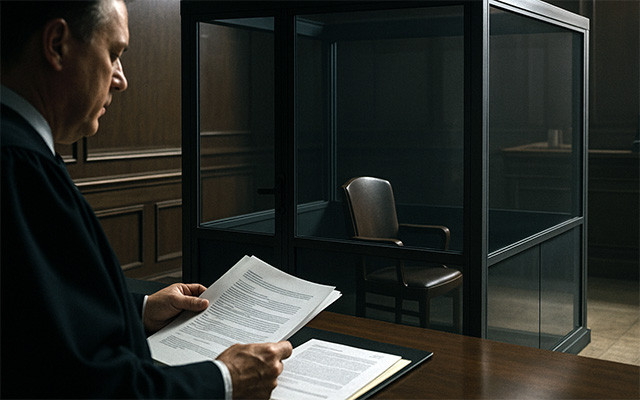
The obstacles to access to court and the violation of the right to be heard in court for a person in such an important matter as the extension of the term of detention, established by the provisions of the CPC, mean that it is impossible to exercise the right to defense guaranteed by part two of Article 63 of the Constitution.
This was specifically noted by the Constitutional Court in a case concerning guarantees of judicial review of the observance of the rights of persons held in custody (decision of 18 July 2025 No. 8-r(II)/2024).
In this case, part 6 of Article 615 of the CPC was challenged, according to which «if the term of a court decision on detention expires and it is impossible for the court to consider the issue of extending the term of detention in accordance with the procedure established by this Code, the preventive measure in the form of detention shall be considered extended until the relevant issue is resolved by the court, but for no more than two months».
The Constitutional Court noted that the legislator's regulation of the procedure for resolving the issue of extending the term of detention as a preventive measure in a manner that does not provide for the participation of a court (judge) results in a violation of the constitutional right of everyone to judicial protection (Article 55(1) of the Constitution) in conjunction with the right to liberty and personal inviolability (Article 29(1)) and the right of the accused to defense (Article 63(2)).
The Constitutional Court also stated that, in the context of the case, the human rights and freedoms guaranteed by the aforementioned articles of the Constitution cannot be restricted under martial law. The principles of the rule of law, separation of powers, and respect for human rights and freedoms remain the foundations of Ukraine's democratic constitutional order.
Guided by these and other considerations, the Constitutional Court found Part 6 of Article 615 of the CPC to be unconstitutional.
The full text of the Constitutional Court's decision can be found at link.
We remind you that, in accordance with Articles 63 and 131-2 of the Constitution, a suspect, accused or defendant has the right to defense. Only an advocate may defend against criminal charges.
Popular news

Legislation
UNBA initiatives to implement the Roadmap were supported by international experts
International experts who participated in the inaugural meeting of the Working Group on the implementation of the Roadmap on the rule of law in advocacy and agreed to join it expressed their support for the initiative of the Ukrainian National Bar Association.

Legislation
How will the group responsible for implementing the Roadmap for advocacy operate?
The working group on the implementation of the Roadmap on the rule of law in the area of advocacy will operate at several levels: plenary meetings as a platform for adopting framework decisions, a coordination bureau for compiling documents and calendar control, and thematic subgroups for preparing norms and their justification. International experts will verify the results against European standards and «red lines».
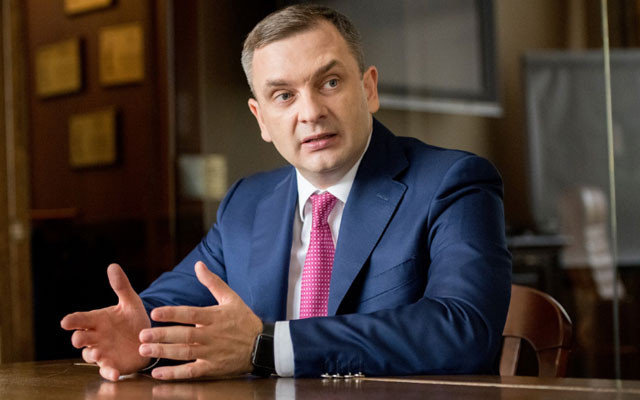
Legislation
Advocacy is a responsible entity, not a critic of reform — V. Gvozdiy
The Roadmap on the Rule of Law is not a basis for restructuring the model of advocacy, but a framework for verifying and improving the already European-oriented system. At the same time, part of the work has already been done, so further progress should be made in the form of coordinated and practical decisions.
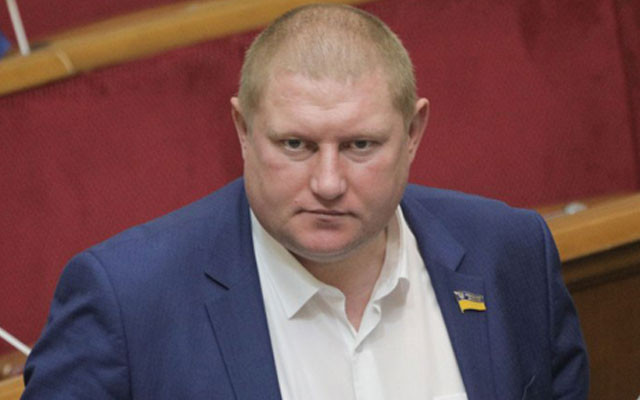
Legislation
Vatras on the implementation of the Roadmap: only advocates should create their own destiny
Work on implementing the Roadmap in relation to advocacy should be based on the participation of the professional community itself, and key tasks should be structured in such a way as to avoid mixing processes that differ in content and procedure.
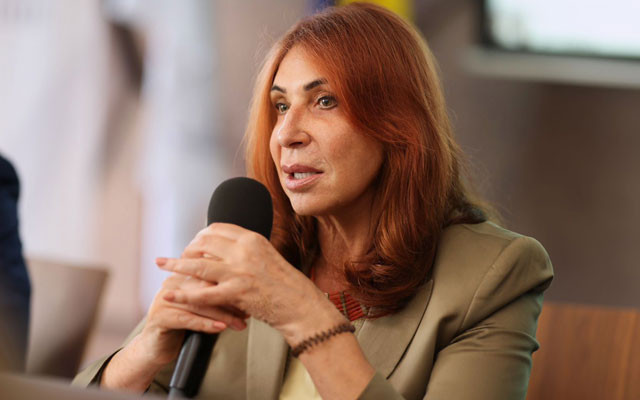
Legislation
Lidiya Izovitova outlined the approach to implementing the Roadmap for advocacy
The general approach to working on the implementation of the Roadmap on the Rule of Law in terms of reforming advocacy should not be based on «slogans», but rather on gathering facts, comparing them with standards, consulting with the professional community, and formulating norms for which participants are prepared to take responsibility.
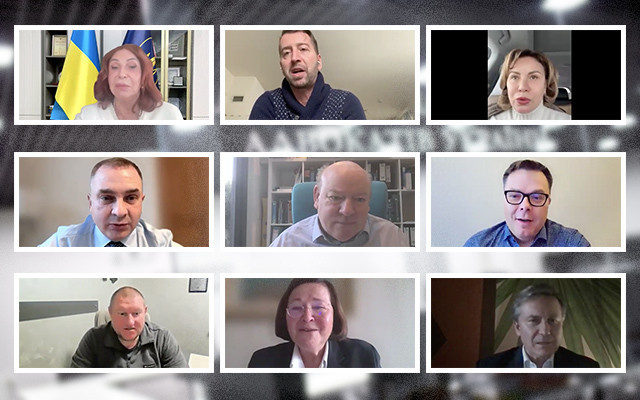
Legislation
Roadmap and advocacy: working group holds first meeting
On January 2, the first organizational meeting of the Working Group on the implementation of the Roadmap on the rule of law in the area of advocacy reform took place. The event was devoted to agreeing on the framework for further work and exchanging the initial positions of the participants.
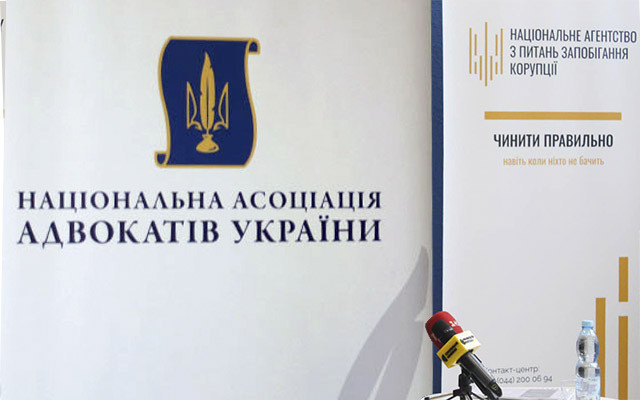
Self-government
BCU: NACP initiatives regarding the Bar are unconstitutional interference
The Bar Council of Ukraine has condemned the initiatives to reform the Bar proposed by the National Agency on Corruption Prevention as direct, gross and systematic interference by the executive branch in the activities of an independent constitutional institution.

Self-government
UNBA program for implementation of the Roadmap on the rule of law published
In order to ensure the implementation of measures set out in the Roadmap on the Rule of Law, the Bar Council of Ukraine approved a program for its implementation in relation to the reform of advocacy.
Publications

Victoria Yakusha, Law and Business The anti-corruption vertical cannot «take care» of the Bar as an institution, - acting head of the HQDCB

Censor.net Protecting advocates – protecting justice: addressing concerns about the new law

Ihor Kolesnykov A BRIEF SUMMARY REGARDING THE APPLICATION OF THE ORDER ON EXTENDED CONFISCATION IN LATVIA REGARDING FINANCIAL ASSETS OF…

Valentyn Gvozdiy WORKING IN A WAR ZONE

Lydia Izovitova Formula of perfection

Sergiy Vylkov Our judicial system is so built that courts do not trust advocates

Iryna Vasylyk Advocacy in the proclamation of Independence of Ukraine

Oleksandr DULSKY When we cross the border of the Supreme Anti-Corruption Court, we get into another department of the National Anti-Corruption…
